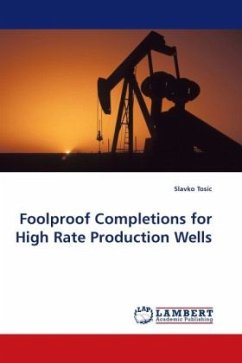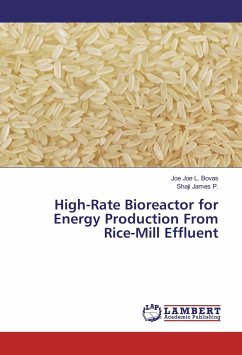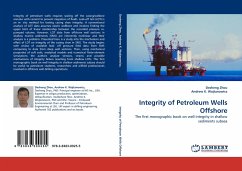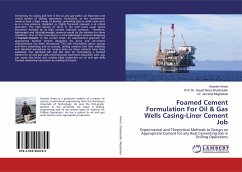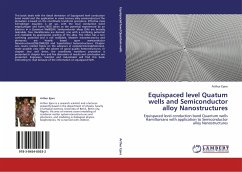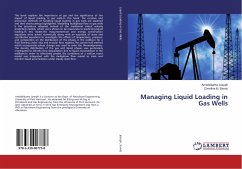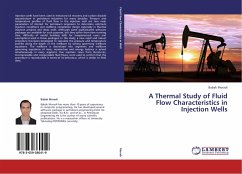Operators, especially those managing production from deepwater reservoirs, are striving to produce hydrocarbons at higher and higher rates without exposing the wells to completion failure risk. This work explains the importance in HPF completions of the well trajectory through the interval to be hydraulically fractured, for production, not execution, reasons. A new model quantifies the effect of the well inclination on the connectivity between the fracture and the well via perforations both in terms of the total skin and the screen flow velocity. Guidelines are provided based on the maximum target production rate, including forecasts of multiphase flow, to size the HPF completion to avoid common completion failures that may result from high fluid rate and/or fines movement. Once the HPF is properly designed and executed, the operator should end up with a long term low skin good completion quality well that can be safely produced at the maximum flow rates, with no need for well surveillance and monitoring.
